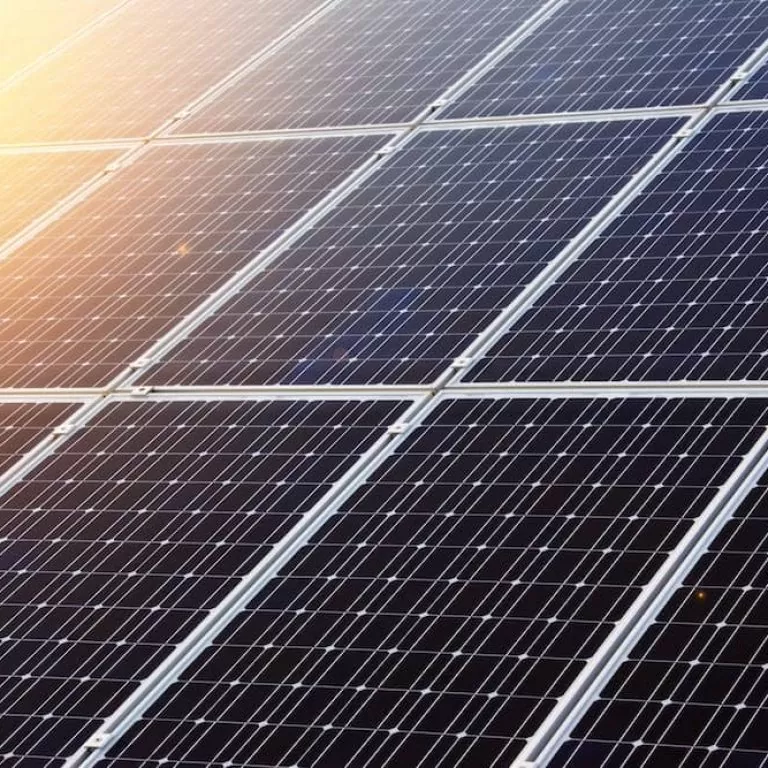
News Solar power – a bright opportunity for time-lapse
News stories about climate change across the world are recurrent these days, with an ever-increasing desire to find new solutions to combat global warming.
Chris Goodall (writing for The Guardian) has offered some hope, however, arguing that a full switch to low-carbon energy is in sight, and is not only practical but affordable within a generation.
This is potentially very important, especially at a time when the future of environmental and financial regulation remain uncertain in some of the world’s leading countries.
Running counter to this uncertainty are recent figures released from the US Department of Energy (DOE), revealing that solar energy accounts for the largest proportion of employers in the ‘Electric Power Generation sector’. Following the substantial decline in coal industries in the past 10 years, wind energy has also inevitably made it to the third largest in this ranking.
And electricity powered by the sun became the cheapest form of energy generation in places like Abu Dhabi, Chile, parts of the Middle East and in the south-west of the US.
Even the UK hit a new clean energy milestone last year, with half of our country’s electricity powered by wind turbines, solar panels, wood-burning and nuclear reactors.
Relevance to digital industries
Lots of facts and figures about off-grid technology is good and well, but how does this fit in with the connected, digital world and how can it help?
Sales of photovoltaics – panels comprising of solar cells which generate electrical power – is only set to continue, with countries such as China and India making commitments to the installation of this technology in the coming years. The more photovoltaics installed across the globe, the more the cost of using solar energy will decrease.
With technology both improving and costs of production falling, off-grid power is becoming more and more viable on even the smallest scale.
As well as the predicted long-term benefits, there are also more practical outcomes of solar power that are already making a difference in various parts of the globe – some of which are more remote than others.
Just one of the many benefits means Kenyan households – commonly without mains electricity – can now access satellite TV channels whilst being ‘off-grid’. AzuriTV – a new solar-powered service – allows families and business in particularly rural areas to enjoy a full range of pay-as-you-go television packages.
For owners of businesses especially, this worldwide connection is informative inasmuch as it is entertaining.
Even in parts of the world that are lucky enough to have constant access to electricity, solar power is sometimes the only option.
As has been well-documented on this site and elsewhere, construction industries are readily making use of professional camera systems that offer site monitoring and time-lapse photography solutions. And this sometimes involves solar or wind power.
In situations where the subject of capture is positioned in too wide a proximity to any source of power, off-grid solutions are needed in order to keep the camera running continuously throughout the duration of the project in hand. Essentially, then, solar power means that no project is out of bounds.
Goodall notes the inevitability that the world will wean itself off oil, with promises of cheap electricity powered by wind and solar solutions utilised properly.
Remaining optimistic, he says: “Clean technology no longer needs any subsidy … we can see how it might be possible to run an entirely carbon-free world, including giving abundant energy to people in the poorest countries.”
Of course, the benefits of solar technologies are more varied than has been accounted for here, but even from these examples there is definitely scope for increasing change in the ways that we power our world – both for economical and opportunistic reasons.
And in investing in and developing off-grid solutions on a much smaller scale, time-lapse companies such as Time-Lapse Systems can deliver a beneficial service to their clients already.